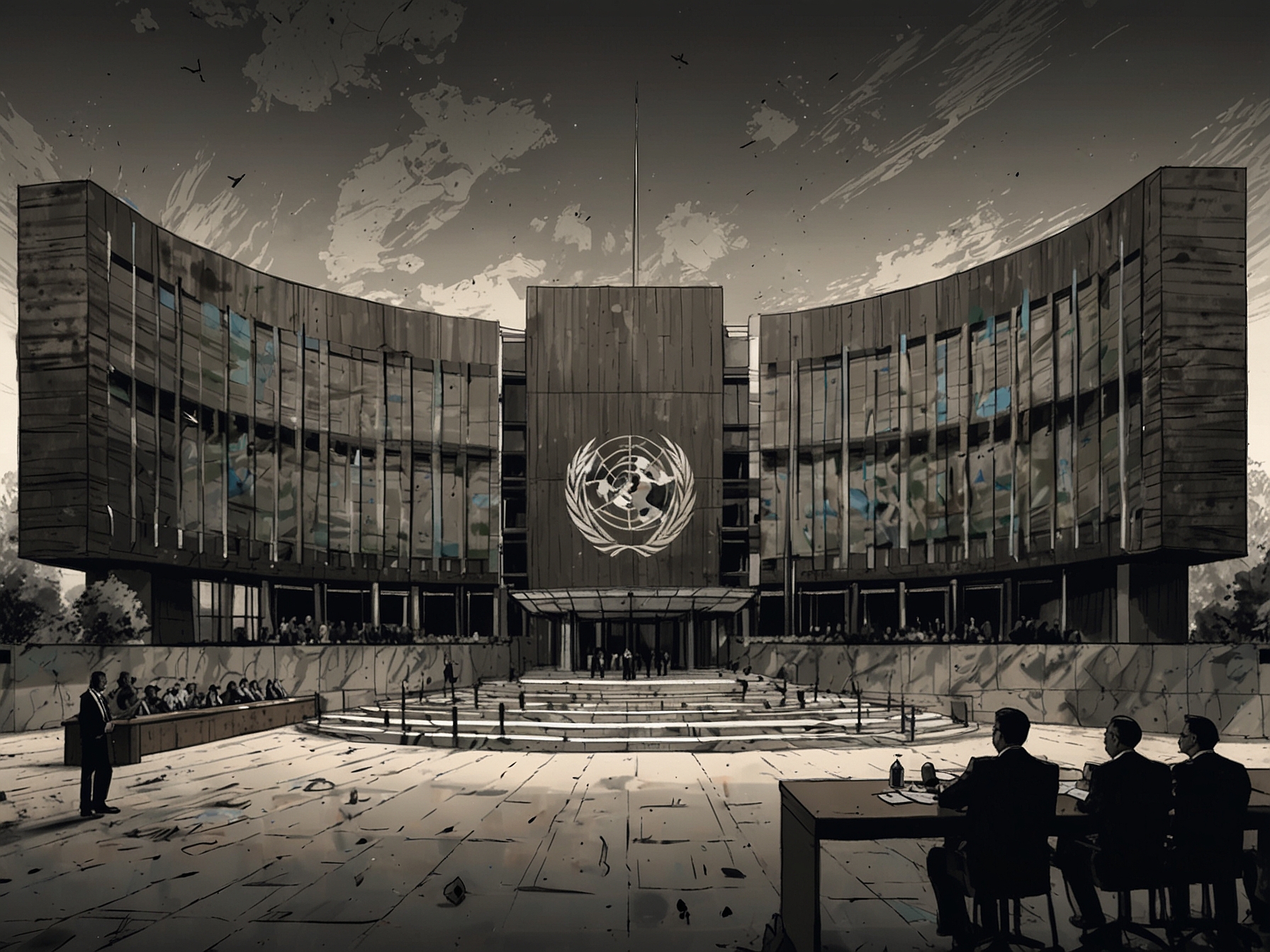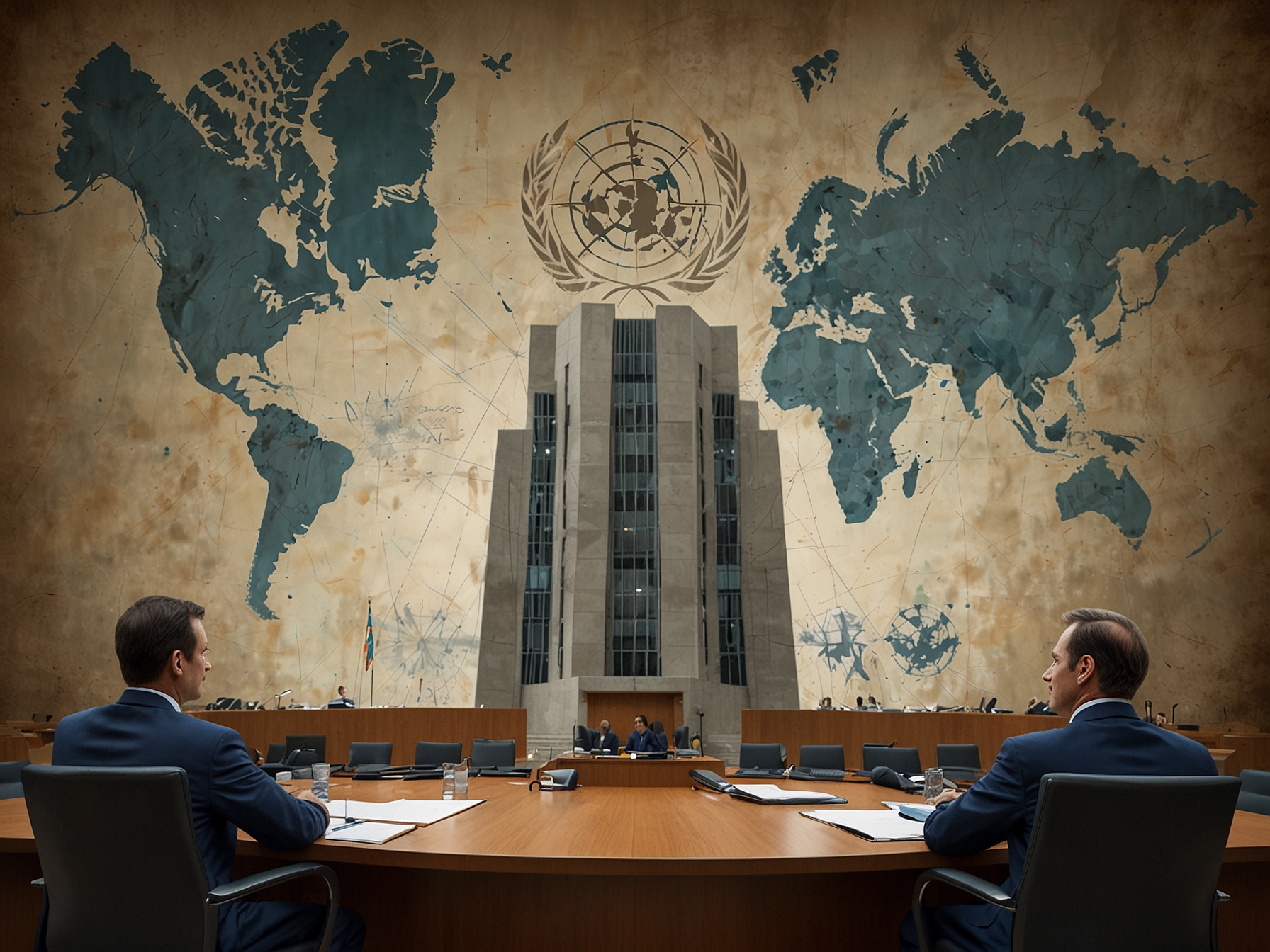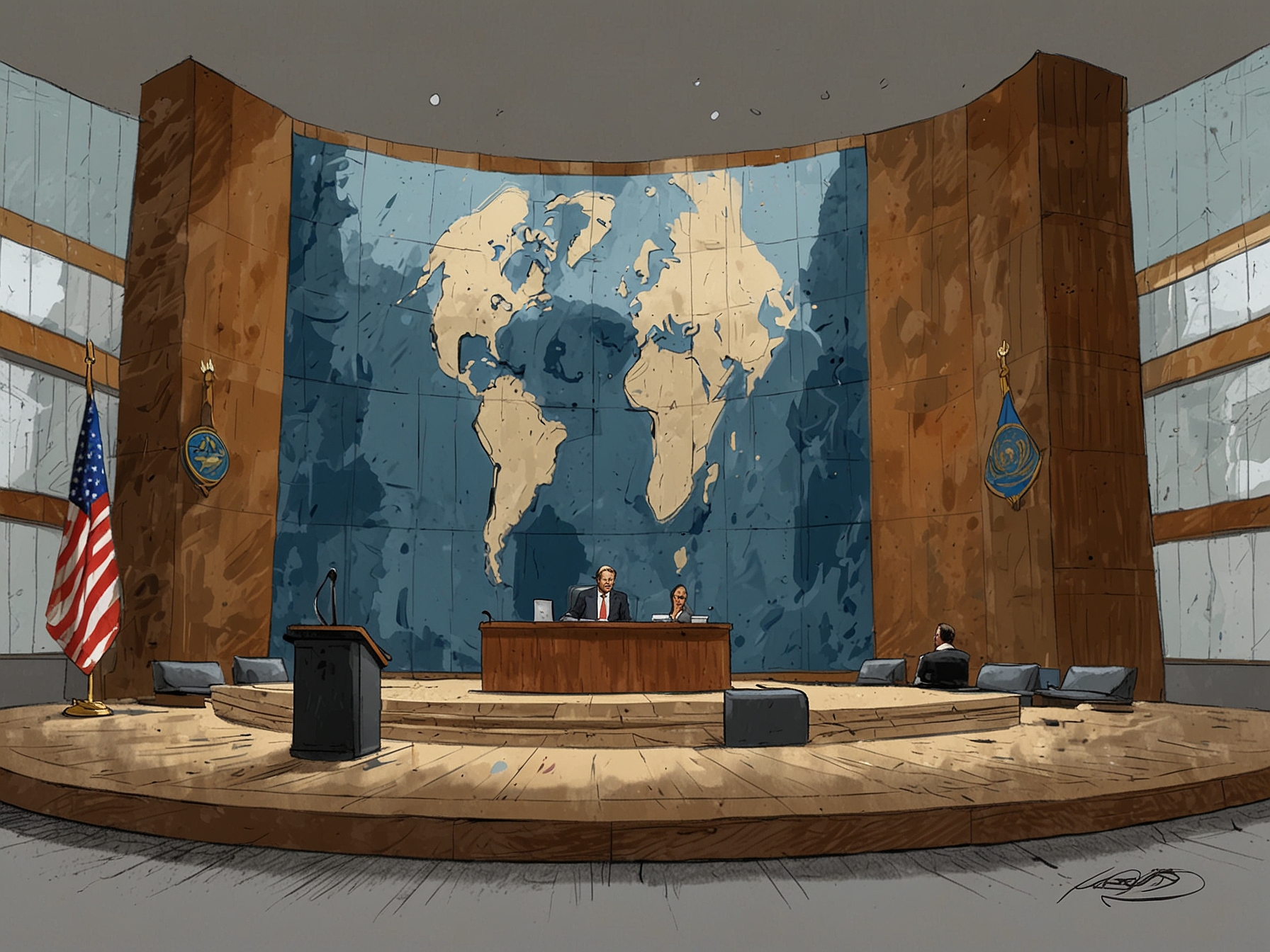The International Criminal Court (ICC) has made headlines by issuing arrest warrants for Israeli Prime Minister Benjamin Netanyahu and former Defense Minister Yoav Gallant. This decision is centered on allegations of crimes against humanity related to the ongoing conflict in Gaza. It’s a dramatic escalation that throws a spotlight on international laws and the responses from nations like the United States and Israel.

When the ICC announced its findings, the reaction was swift. The U.S. government declared that it “fundamentally rejects” the ICC’s arrest warrant. Isn’t it fascinating how a single legal move can lead to such fierce nationalistic outcries? Critics in Washington, D.C., described the ICC’s actions as premature, and a spokesman from the U.S. National Security Council argued that the court has no genuine authority in this matter.
In stark contrast, the Israeli leadership has been notably vocal in its opposition. Israeli President Isaac Herzog labeled the court’s findings as “absurd.” It’s interesting to see how swiftly controversies around global bodies can ignite political rhetoric. Herzog suggested that the ICC serves as a “human shield” for Hamas’s actions, twisting the justice system’s purpose.

The debate brings various perspectives to light. For Netanyahu’s supporters, the ICC is merely another front in a long line of attacks against Israel’s right to defend itself. On the other hand, opponents argue that accountability must exist, regardless of political power. The tension in international dialogue is palpable.
Adding to the complexity, Israeli officials have amplified their claims of anti-Semitism against the ICC. National Security Minister Itamar Ben Gvir called for stronger control over the West Bank, echoing a sentiment of territorial sovereignty. But can one truly distinguish political maneuvers from genuine reactions to perceived injustice?

Perhaps what’s most unsettling is the scale of the human toll on both sides. The charges against Netanyahu involve harsh accusations of using starvation in warfare, a grave charge if proven. Meanwhile, the United Nations reports on the humanitarian crisis in Gaza tell a harrowing story of loss. As many as 44,056 Palestinians have died since the escalation of conflict began, and the sheer numbers can feel overwhelming.
Could the international community unite around a shared goal? The ICC’s decision has opened a rift among nations. For instance, some European nations have voiced their support for the court’s actions. Countries like France and the Netherlands refuse to turn a blind eye. This divergence illustrates a world grappling with moral dilemmas.
As the chorus of dissent against the ICC grows louder, what does this mean for other global crises? The implications of this decision are profound. It signifies not only the state of relations in the Middle East but could impact international law’s relevancy in conflict resolution.
Faced with increasing displacement and suffering, many are left questioning the effectiveness of global institutions in protecting human rights. Will the uproar serve to change the trajectory of accountability or erode it further?
Looking ahead, it’s crucial to consider the future of international engagement. Trust in global governance is at stake. People around the world are asking: what will it take for justice to prevail? In times of conflict, the balance between sovereignty and accountability becomes precariously elusive.




